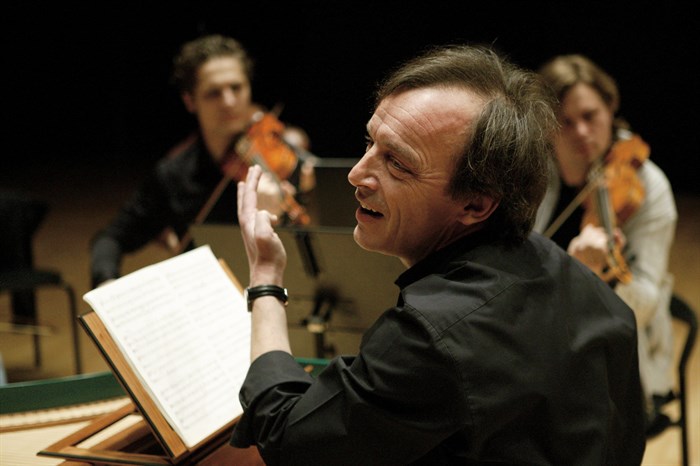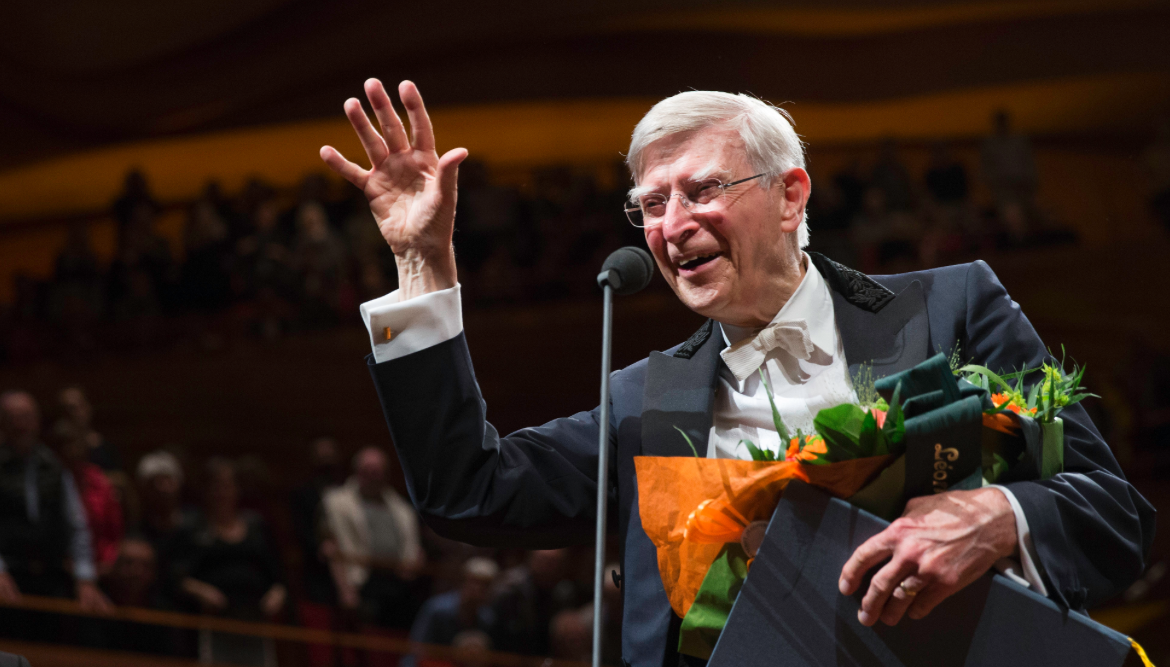léonie sonning music prize 1967
The Polish composer Witold Lutosławski received the Léonie Sonning Music Prize of 50,000 Danish kroner at a concert on 14 August at the Tivoli Concert Hall. The concert was broadcast live on the Danish Broadcasting Corporation’s P2 radio channel. In the days leading up to the prize concert, P2 also broadcast three portrait documentaries in which Lutosławski was interviewed about his music.
The programme
Peder Holm Three orchestral pieces (first performance)
Matyas Seiber/John Dankworth Improvisations for jazz band and symphony orchestra (1958)
Soloist: Sahib Shihab, alto saxophone
Witold Lutoslawski: Paroles Tisées for tenor, string orchestra, harp and piano (1965)
Soloist: Jørgen Hviid, tenor
citation
According to the newspaper Politiken, Mogens Andersen began with a short lecture on Lutosławski fertility as a writer and composer. Svend Westergaard then presented the award and addressed the composer. He described Lutosławski as a dear guest in Denmark and praised him for balancing artistic innovation and general artistic expression. According to the newspaper Land og Folk, Westergaard highlighted the tension between the traditional and the experimental in Lutosławski’s art and said, among other things: ‘whether we are strangers to the content of some of your works, or we are filled with admiration and gratitude by listening to others, in your music we always meet a great master and an honest artist.’
The official citation has unfortunately not been preserved.
In his speech of thanks, Lutosławski included the following words:
‘It is not only a great honour for me to receive the Sonning Prize, but also a great pleasure. It is means a lot in the life of a composer that he can occasionally feel that there are people in the world who do not find his music useless. This is a significant and valuable moment in my life. I think you for both – the honour and the joy.’
Witold Lutoslawski and Denmark
Lutosławski’s first visit to Denmark was in 1947 at a festival for new music in Copenhagen. His works began to be regularly played in Denmark in the 1960s. The Danish National Symphony Orchestra performed Musique funèbre in 1961. The composer’s next visit to Denmark was in February 1966, when the Radio Choir and the Danish National Symphony Orchestra performed his Three Poems by Henri Michaux. Lutosławski conducted the choir and Jan Krenz the orchestra.
It was also Lutosławski and Krenz who conducted the prize concert in 1967, in which the composer himself had chosen the two of his works that would be performed. In 1968, Lutosławski returned to Denmark to hold a seminar for Danish composers, and as recently as March 1990, when he was 77 years old, he participated as a conductor in an orchestral seminar with conservatory students in Odense.
The daily press wrote, among other things:
The two pieces by Lutosławski we heard show the excitement of his work. The four songs to incomprehensible French poems show him as a Romantic and a mystic who gropes for a point of view in life, which leads him to work here in a flickering, blurred and contour-less sound world, creating a heavy-handed passive mood. […] In the Concerto for Orchestra we meet Lutosławski as the man of action, and here he expresses himself through the active energy of rhythm, the concentrated power of melody, the rigorous nature of the sound and the firmness of the form.’
(Walter Zacharias, Land og Folk, 16 August 1967)
When you listened to one of his latest works last night, Paroles tissées which he himself conducted, you were once again struck by the dreamlike beauty, the discreet sensuality that is such a prominent feature of his music. […]. Lutosławski’s rightly famous technical superiority unfolded in many ways in this almost idyllic chamber piece. The many and well-mastered improvisational elements are just one example of the composer’s talent for achieving precise effects with unorthodox means.
(Poul Rovsing Olsen, Berlingske Tidende)
The freedom of responsibility he gives to his musicians does not stem from whimsy, but serves a very specific artistic effect, one which has much in common with Debussy. Paroles tissées is a delicate work of quite unassuming music. The Polish master has with this music proved that the technical means of our time can create something of Apollonian beauty, even if they usually conjure up chaos and brutality. […]. The final part was no less rewarding. Under the rhythmically vital and excellent leadership of Jan Krenz, the radio symphonists played Lutosławski’s Concerto for Orchestra, a work completed in 1954. If the delicate watercolour that is Paroles tissées is a masterpiece, the concerto is a masterpiece the likes of which we were supposed to expect in the 1950s, that decade so grotesque for composers. Orchestral art, bodily choreography and the melodies of the Polish people shaped in a single work of irresistible force,
(Robert Naur, Politiken, 16 august 1967)





